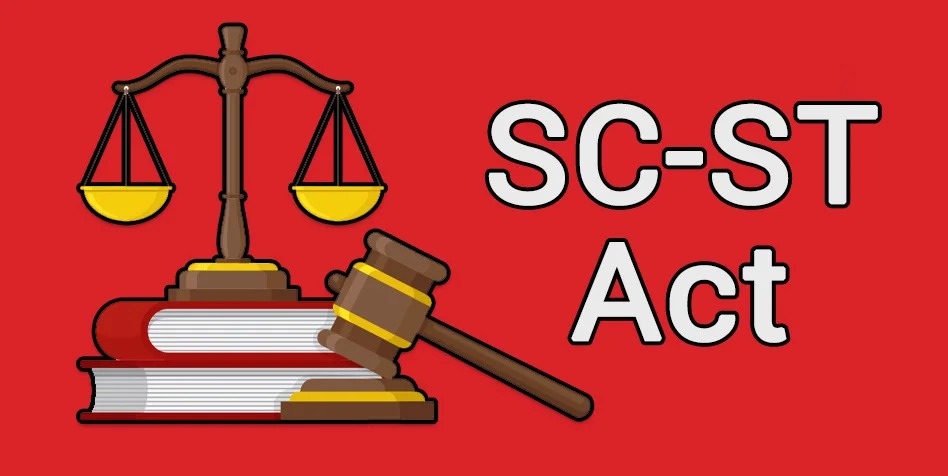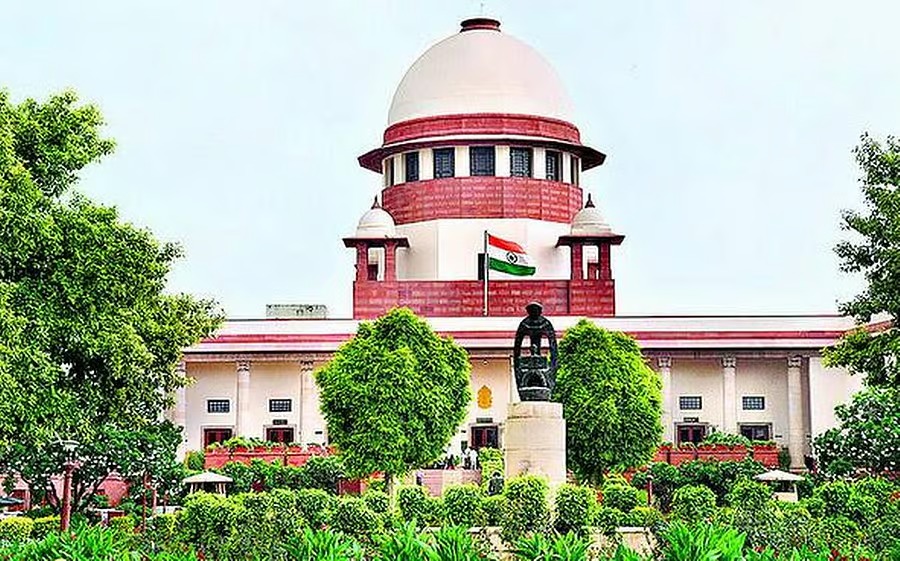D.G. Karnik, J.@mdashHeard.
2. By these applications under Sections 439 of the Code of Criminal Procedure (for short "the Code"), the applicants seek bail in connection with an offence registered at C.R. No. 109 of 2006 with Saswad Police Station, Pune punishable under Sections 306 and 506 read with 34 of the Indian Penal Code.
3. Apprehending her arrest, Snehlata Vikram Kamble, the applicant in Application No. 36 of 2008, had previously made an application for anticipatory bail before the Sessions Court, Pune. By an order dated 10th October 2006, the Additional Sessions Judge allowed the application and granted pre-arrest bail to her in the sum of Rs. 10,000/-. However, the application made by Ritesh Gayal, the applicant in Application No. 35 of 2008, was rejected by the Sessions Court. He therefore moved this Court for anticipatory bail. By an order dated 22nd December 2006 passed in Criminal Application No. 4568 of 2006, this Court (Coram: S.C. Dharmadhikari, J.) granted him pre-arrest bail in the sum of Rs. 10,000/- with a direction that the order would enure to his benefit only till the charge sheet was filed. The court further directed that thereafter he would be free to apply to the appropriate court for regular bail. The direction that the order of anticipatory bail would be limited till the charge sheet was filed was issued in accordance with the law laid down by the Supreme Court in
4. In the present case, after completing the investigation, the charge sheet has been filed by the police in the Court of Judicial Magistrate, First Class, Saswad on 3rd November 2007. I am informed at the bar that the committal order u/s 209 of the Code has not yet been passed. However, as the order for anticipatory bail granted by this Court ended on 3rd November 2007 on filing of the charge sheet before the Magistrate, the applicants appeared before the Sessions Court on 12th November 2007 and filed two separate applications for regular bail. By a common order dated 18th December 2007 the learned Sessions Judge, Pune rejected both the applications on the ground that since the applicants had not surrendered before the learned Magistrate and were not in custody, the provisions of Section 439 of the Code were not applicable and the applicants were not entitled to apply for bail.
5. In my view, the view taken by the learned Additional Sessions Judge that a person, who is not in custody (either police or magisterial), is not entitled to apply for bail u/s 439 of the Code is not correct. It is true that Section 439 of the Code empowers the Sessions Court or the High Court to grant bail to a person accused of an offence and who is in custody. However, what is the meaning of the expression "person in custody"? A person, who goes before a Magistrate (or Court of Sessions) and applies for bail by personally appearing before him subjects himself to the jurisdiction of the Magistrate. Can he be regarded as a person in custody for the purpose of grant of bail? In my view, the question must be answered in the affirmative. When a person personally present in the Court makes application for bail, he subjects himself to the jurisdiction and command of the Court. He can be regarded as a person in custody of the Court and would be entitled to apply for bail. I am fortified in my view by a decision of the Supreme Court rendered in Niranjan Singh v. Prabhakar Rajaram Kharote 1980 SCC (Cri.) 508 of the said decision, the Supreme Court has observed:
7. When is a person in custody, within the meaning of Section 439 Cr.P.C.? When he is in duress either because he is held by the investigating agency or other police or allied authority or is under the control of the court having been remanded by the judicial order, or having offered himself to the courts jurisdiction and submitted to its orders by physical presence. No lexical dexterity nor precedential profusion is needed to come to the realistic conclusion that he who is under the control of the court or is in the physical hold of an officer with coercive power is in custody for the purpose of Section 439. This word is of elastic semantics but its core meaning is that the law has taken control of the person.
Somewhat similar observations are also made in
15. Since the expression "custody" though used in various provisions of the Code, including Section 439, has not been defined in the Code, it has to be understood in the setting in which it is used and the provisions contained in Section 437 which relate to jurisdiction of the Magistrate to release an accused on bail under certain circumstances which can be characterised as "in custody" in a generic sense. The expression "custody" as used in Section 439, must be taken to be a compendious expression referring to the events on the happening of which the Magistrate can entertain a bail petition of an accused. Section 437 envisages, inter alia, that the Magistrate may release an accused on bail, if such accused appears before the Magistrate. There cannot be any doubt that such appearance before the Magistrate must be physical appearance and the consequential surrender to the jurisdiction of the Court of the Magistrate.
6. Following these two decisions, this Court in Dr. Sanjivani R. Kale v. State of Maharashtra, (Criminal Application No. 3 of 2008 decided on 14th January 2008, Coram: D.G. Karnik, J. ) has held that when an accused appears before a court, he is under the control of the court and is entitled to apply for bail. When a person accused of an offence personally attends the court and applies for bail, he subjects himself to the control of the court and the court in such case can consider his application for bail treating him as a person "in custody" for the purpose of Section 439 of the Code.
7. The applicants are accused of an offence punishable under Sections 306 and 506 read with 34 of the I.P.C. An offence u/s 306 of the I.P.C. is exclusively triable by the Court of Sessions and the Magistrate has no jurisdiction to try the applicants for the offence accused of. The learned Magistrate before whom the charge sheet is filed would, in due course, be required to pass an order of committal u/s 209 of the Code. Consequently, the applicants could not have applied to the Magistrate for bail as he has no jurisdiction. The applicants, therefore, rightly moved the Sessions Court for bail. In Bharat Abhiman Marathe v. State of Maharashtra 2007 ALL MR (Cri.) 3510, this Court has held that when an accused has been named in an offence punishable with imprisonment for life, he can surrender before the Sessions Court and avail of the remedy of bail as permissible under the Code. Consequently, the applicants were right in approaching the Sessions Court for bail as they could not have approached the Magistrate for bail in connection with the offence triable exclusively by the Court of Sessions.
8. As regards the merits, learned A.P.P. did not dispute that the applicants were entitled to bail on merits. Both the applicants were granted pre-arrest bail by this Court or the Sessions Court. There exists no ground for refusing them bail. The investigation has been completed and charge sheet has been filed.
9. In the circumstances, the applications are allowed. Each of the applicants is granted bail on his/her executing personal bond in the sum of Rs. 10,000/-with one surety of the like amount subject to the following conditions:
(a) The applicants shall not, directly or indirectly, make any inducement or threats to any of the prosecution witnesses.
(b) The applicants shall attend the Sessions Court on all the dates to which the case may be fixed.
(c) Any breach of the aforesaid conditions would result in cancellation of bail.

